
Hungary’s rising swimming stars shone at the NCAA finals in Washington. Hubert Kós stormed to three gold medals, including a world-record-breaking swim, and helped the University of Texas secure the NCAA team title. Zalán Sárkány retained his title in the 1650-yard freestyle, while Minna Ábrahám broke her school record in the women’s 200-yard event.

‘On average, women are having one less child today than they were having in 1990…A country’s population size is being sustained when its total fertility rate reaches 2.1, but more than half of the world’s countries are below this level…In parallel with depopulation, life expectancy is on the increase, resulting in a major transformation of the age structure of societies.’
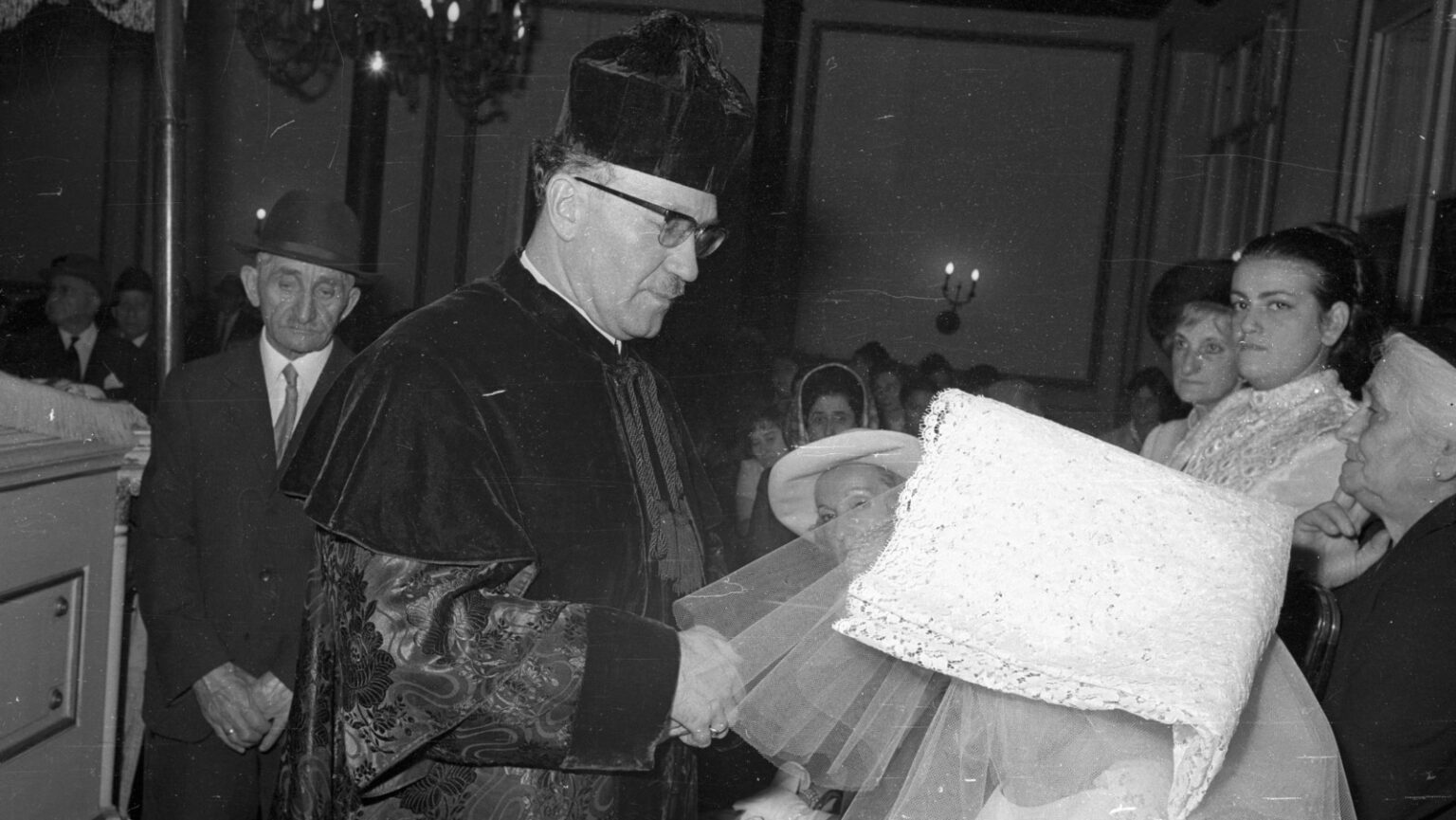
‘There were agents who tried to submit reports as meaningless as possible to avoid harming anyone, while others fully embraced their role as secret informants. “Viola” clearly belonged to the latter category—she seemed to take pleasure in reporting on her friends and acquaintances…’
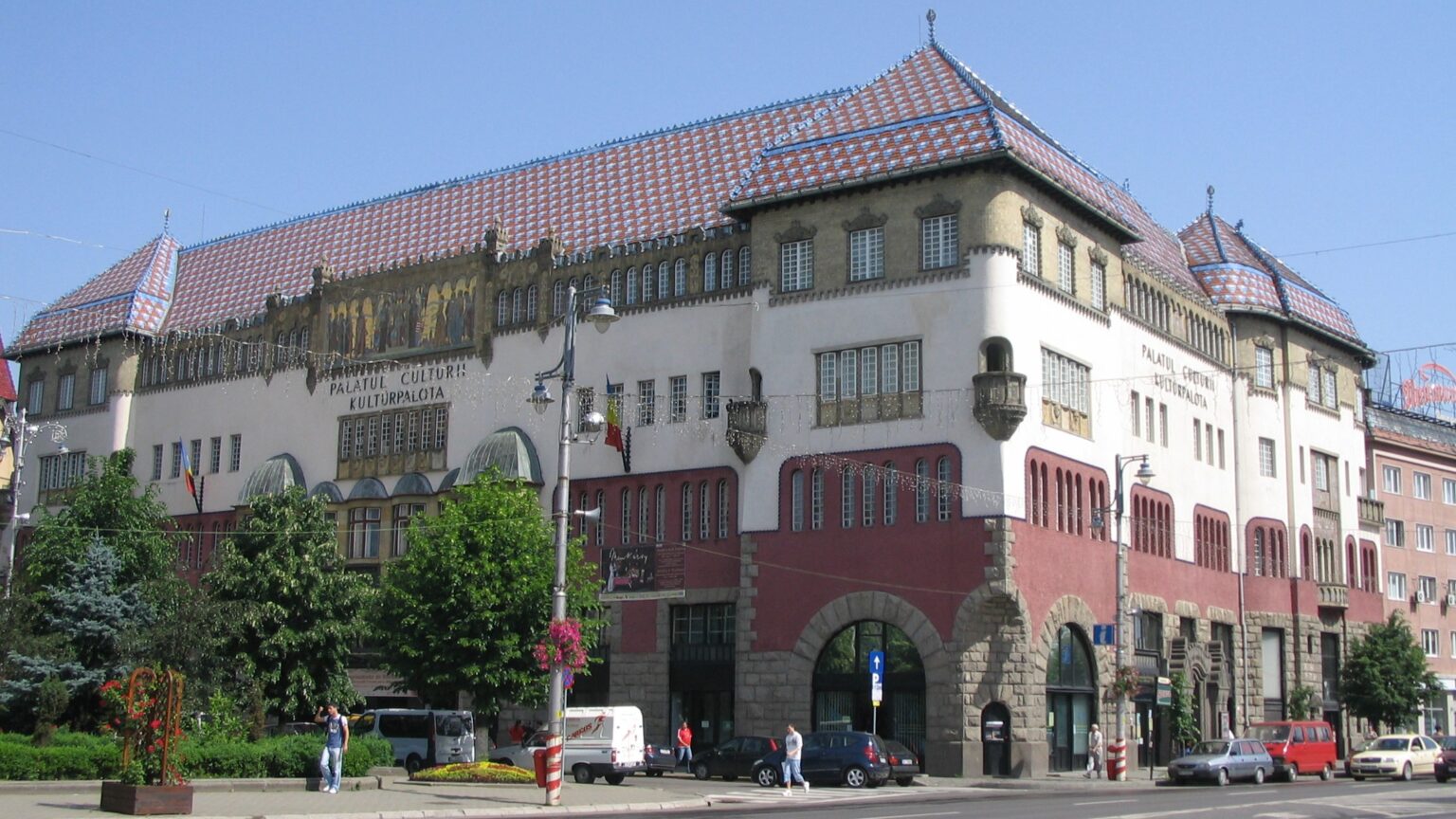
‘It’s high time we tell our stories: paint them, etch them, carve them, and turn them into stained glass. The Palace of Culture in Marosvásárhely is a signal of triumph—a beautiful window into the culture of Transylvania and of Hungary. We need a shot of that cultural self-awareness and self-confidence on our side of the pond. We need some stained-glass ballads of our own…’

Szeged-based H-Vend Service Ltd has developed smart vending machines that can be managed remotely and operated contactlessly, thanks to EU funding. These high-tech machines feature touchless payments, AI-driven maintenance, and mobile integration, revolutionizing the vending industry.
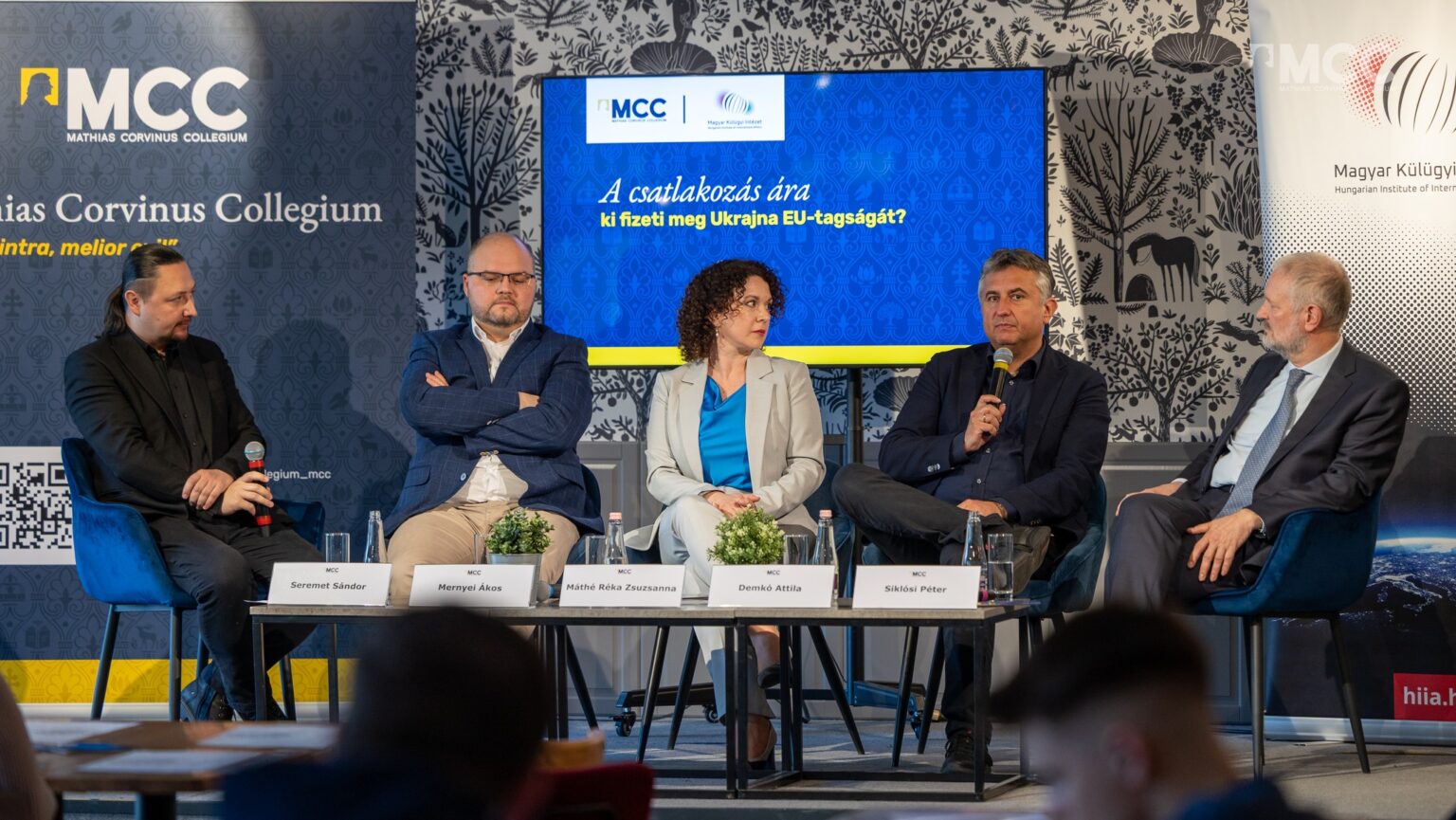
The Hungarian Institute of International Affairs presented its comprehensive study on the potential consequences of fast-tracking Ukraine’s accession to the European Union at a panel discussion organized by Mathias Corvinus Collegium. Experts agreed that the EU must identify alternative means of supporting Ukraine’s stabilization and long-term development beyond full membership.
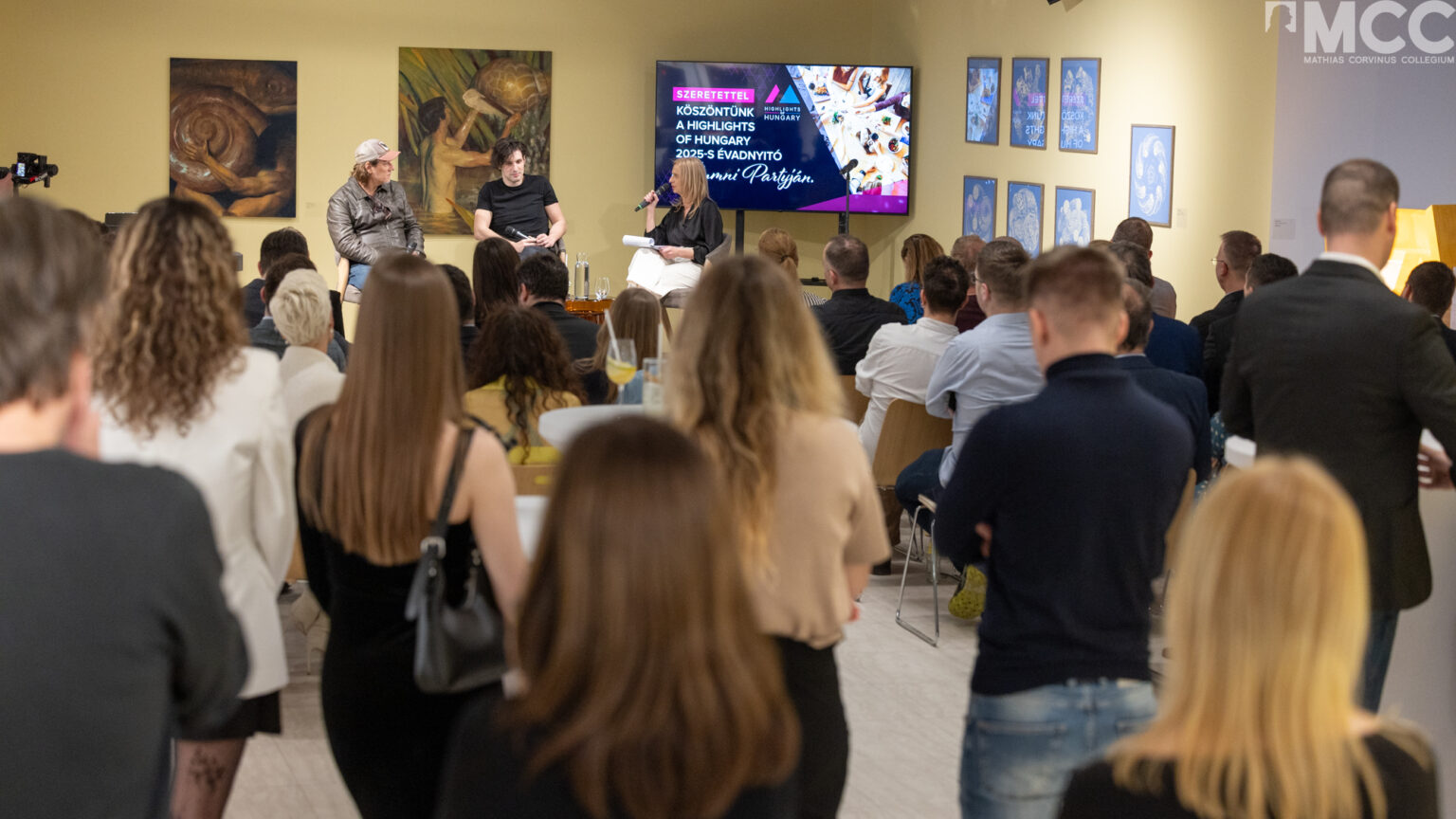
Highlights of Hungary, the initiative that honours outstanding achievements by Hungarians in all walks of life, has held a celebratory event to officially kick off its 12th season. Just like in the years prior, five famous ambassadors will nominate their candidates for the awards that will be given out at the end of the season, in October this year.

‘The Earth is likely to reach its physical, geological, and ecological limits in the near future, so the direction of the continuous human conquest of space will have to change. It must move inwards, towards a redistribution of proportions. I think it is the right attitude to be already working to recapture the human dimensions we have now lost.’

Hungary will be the guest of honour at the Annecy International Animation Festival, opening on 8 June, in celebration of 110 years of Hungarian animation. The National Film Institute unveiled the official Hungarian visual identity for the festival, designed by renowned illustrator Levente Szabó.

Between 2016 and 2023 George Soros’ Open Society Foundations spent $90 million on funding Brussels, Belgium-based NGOs, a recently published study by the Center for Fundamental Rights has found. The spending accelerated in the year before the 2024 European Parliamentary election.

Opening on 8 April, Time Machine Budapest invites visitors to experience the city’s most significant historical moments in an immersive and interactive way. The exhibition uses advanced audiovisual technology to recreate events from the 1848 revolution to life in the WWII ghetto, offering a powerful and engaging journey through time.

Hungary’s National Media and Infocommunications Authority has criticized the latest press freedom report by the European Centre for Press and Media Freedom, arguing that it presents a one-sided assessment of the Hungarian media landscape. The authority highlights methodological flaws and subjective claims in the report.

Released on the Lunar New Year, the Chinese animated movie Ne Zha 2 has become a true success story. The film recently broke into the ranks of the global box office elite, surpassing Star Wars: The Force Awakens, and is now on the verge of sinking James Cameron’s Titanic.

Óbuda University has launched a groundbreaking medical robotics project in collaboration with Stanford University and the National University of Singapore (NUS). With support from Hungary’s National Research, Development, and Innovation Office, the initiative aims to revolutionize surgical robotics and lab automation through cutting-edge AI-driven technology.

‘[Fado] was as if I had always known it, as if it had been invented for me. It wasn’t the form, it was the emotion packed into it that was so familiar. Sad and accepting: suffering is part of life. Fado takes pain to an artistic level and turns it into a blessing.’
Read Magyar Krónika’s translated interview with the first Hungarian fado singer in Lisbon below!

A Hungarian research team is pioneering a new approach to treating neurodegenerative diseases by testing drug compounds on live human brain tissue. The Hungarian Centre of Excellence for Molecular Medicine (HCEMM) announced that its researchers have secured 120 million forints in funding to advance this innovative study.
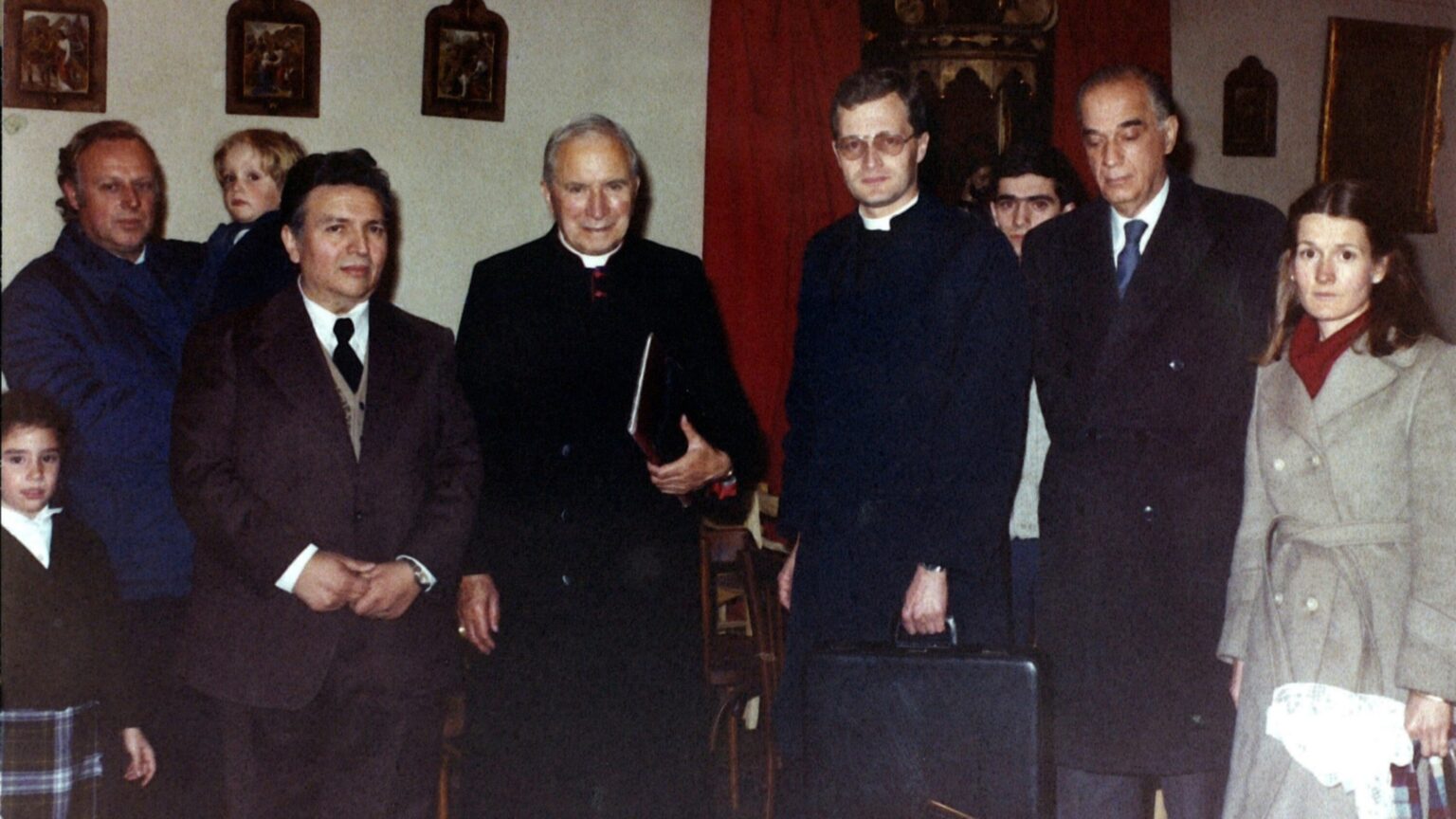
‘Today the Catholic Church celebrates the Feast of the Annunciation…34 years ago, on this day, was the death of a Catholic churchman who not only helped build Christendom in the then French-speaking part of Africa, but who was also an apostle against modernism and a champion for traditional Catholicism, Archbishop Marcel Lefebvre.’
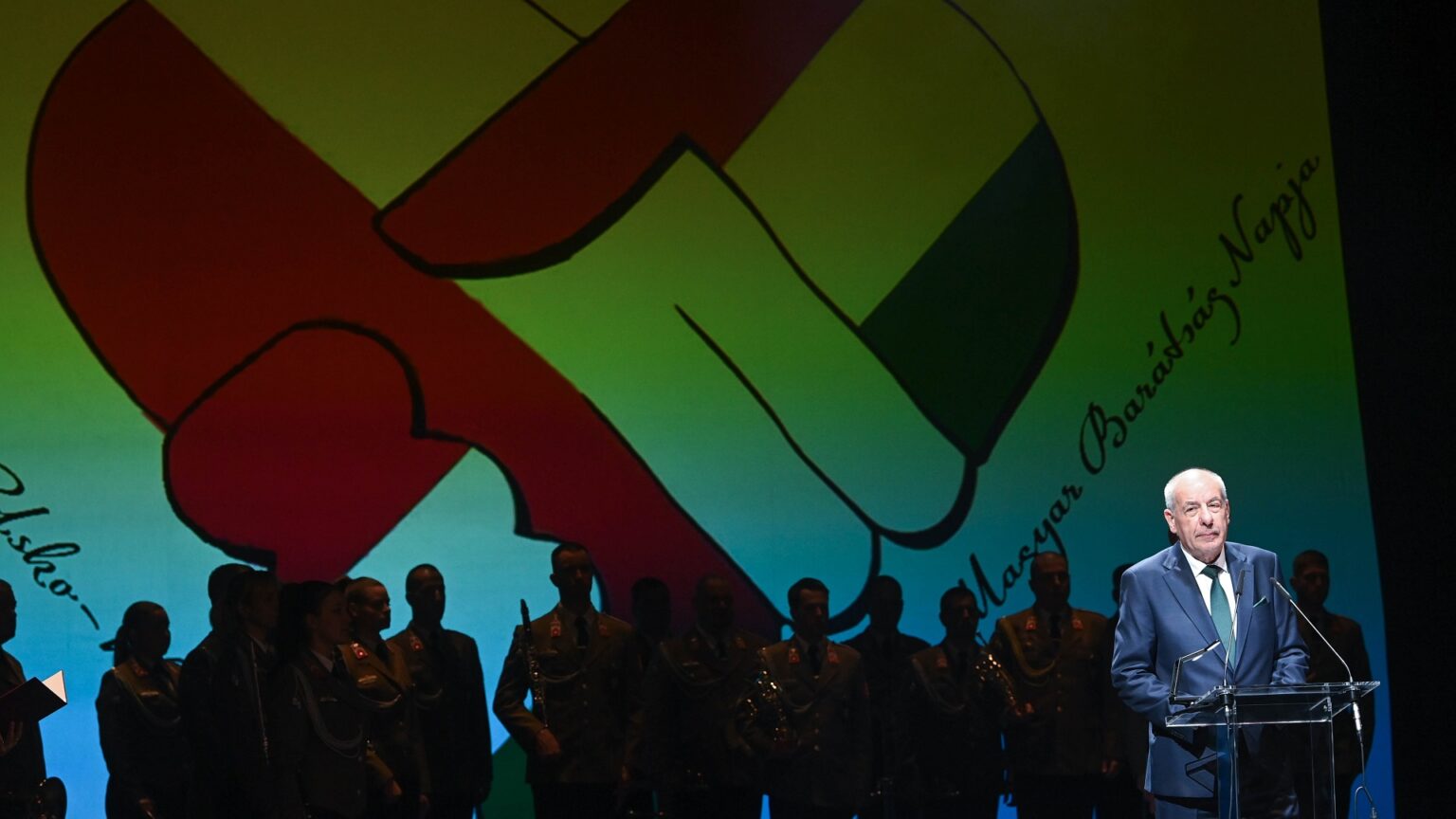
President Tamás Sulyok of Hungary spoke at a gala at the Gergely Csiki Theatre in Kaposvár, Hungary on the Day of Polish–Hungarian Friendship, 21 March. President Andrzej Duda of Poland also made a speech at the event celebrating the historical great relationship between the two nations.

On Monday evening an unusual glowing light streak appeared over Budapest and several other Hungarian cities, sparking curiosity and speculation. While many initially thought it was a meteor or an unidentified object, it was later confirmed to be a SpaceX Falcon 9 rocket stage re-entering Earth’s atmosphere in a controlled descent, producing a spectacular light display.

Hungary experienced a record-breaking year in tourism in 2024, with nearly 18 million visitors staying at domestic accommodations. Of these, 9.3 million were Hungarian travelers. According to data from the National Tourism Data Supply Centre, the most active regions for domestic tourism were Pest, Győr–Moson–Sopron, and Komárom–Esztergom counties.

Walt Disney’s new live-action adaption of Snow White, starring Latina Actress Rachel Zegler, brought in just $86.1 million in revenue in its opening weekend worldwide, underperforming even the low end of projections. Given its massive production budget of $270 million, it is very likely to be a massive financial loss for the studio.

Archaeologists excavating beneath Jerusalem’s Church of the Holy Sepulchre have uncovered traces of an ancient garden, aligning with descriptions in the Gospel of John. The discovery, which includes remnants of olive trees and grapevines, offers new insights into the historical setting of Jesus’s burial site.

After losing the first leg 3–1 in Istanbul, Hungary had to endure an even bigger, 3–0 defeat in front of their own fans at the Puskás Arena in Budapest. Thus, Türkiye qualified for League A of the UEFA Nations League with 6–1 on aggregate, while Hungary has been relegated to League B after two seasons in the top division.

‘The Hungarian-owned company Pro Patria Electronics has signed a contract with Estonia to deploy state-of-the-art passive radar systems at the Baltic nation’s border points. However, it’s not the first success of the Hungarian company on the international defence market.’
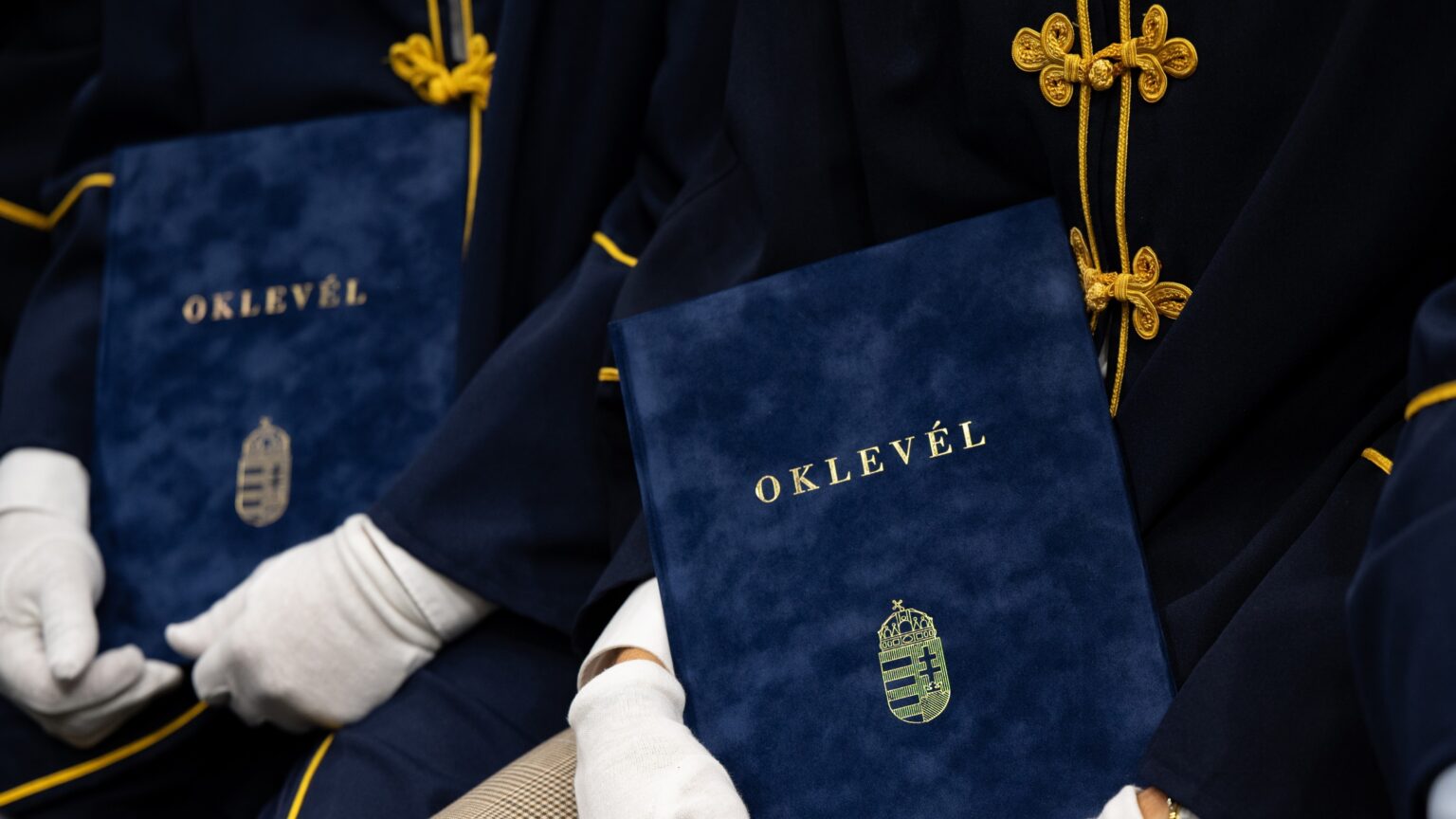
A Hungarian-developed blockchain solution could provide secure and easily accessible storage for degrees issued by EU universities, according to Gábor Dénes University. The technology, set to launch in Hungary by 2026, aims to create a unified digital degree database across the European Union.

‘Along with its growing prominence as a religious place, Jasna Góra also became known as a site of Poland’s struggle for its freedom and sovereignty. As Poland was fighting for its independence on multiple fronts, the monastery was one of few fortresses that stood against the Swedish invasion in the 17th century.’

‘To put it simply, we don’t need an educational system with pressure, rewards, and punishments from above, but children themselves need to start to understand and feel that it’s not good to make fun of someone, for example, because the tables can turn quickly, and that the person with the most likes on Instagram may not be the most valuable in the real world.’
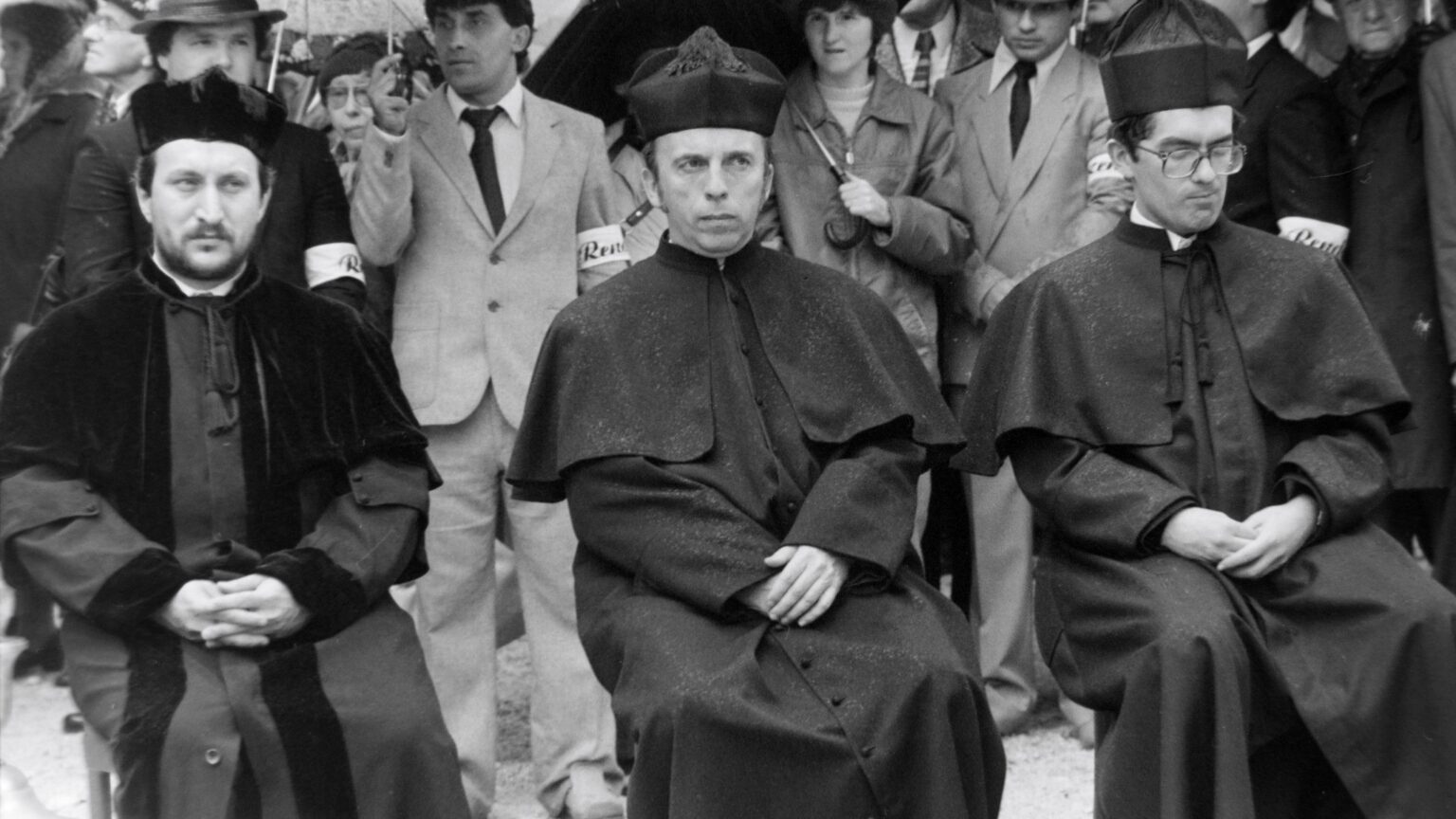
‘According to a letter written five days later, the situation quickly escalated and drew in the emblematic director of the Rabbinical Seminary, Sándor Scheiber…In light of the incident, the leadership of MIOK…turned to Scheiber, requesting in writing that he inform them of the status of the matter within two days.’

A recent study by Hungary’s National Media and Infocommunications Authority (NMHH) reveals that while media trust remains generally low, television is considered the most reliable source, whereas print media ranks the lowest. The research also highlights generational differences, concerns over misinformation, and attitudes toward AI in journalism.

Hungary played Türkiye in the play-off for League A qualification in the UEFA Nations League next season, and lost 3–1 in the first leg in Istanbul. This was the 1,000th game of our men’s national football team. The rematch is on Sunday in Budapest.

Hungarian Conservative is a quarterly magazine on contemporary political, philosophical and cultural issues from a conservative perspective.